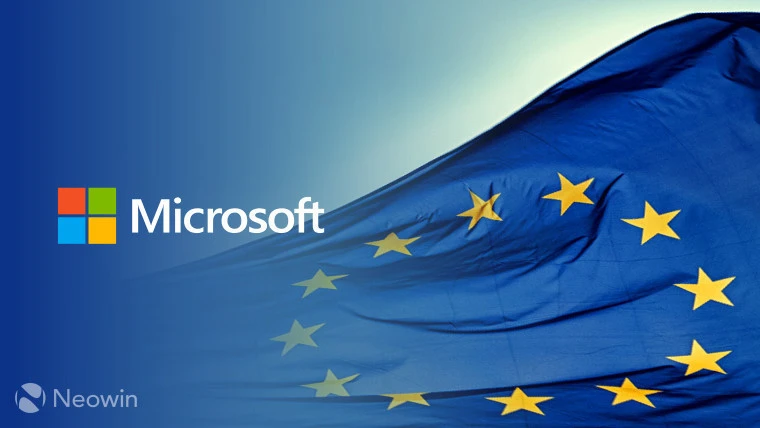Microsoft points finger at the EU for not being able to lock down Windows
Microsoft points finger at the EU for not being able to lock down Windows

www.neowin.net
Microsoft points finger at the EU for not being able to lock down Windows

Microsoft points finger at the EU for not being able to lock down Windows

Microsoft points finger at the EU for not being able to lock down Windows
